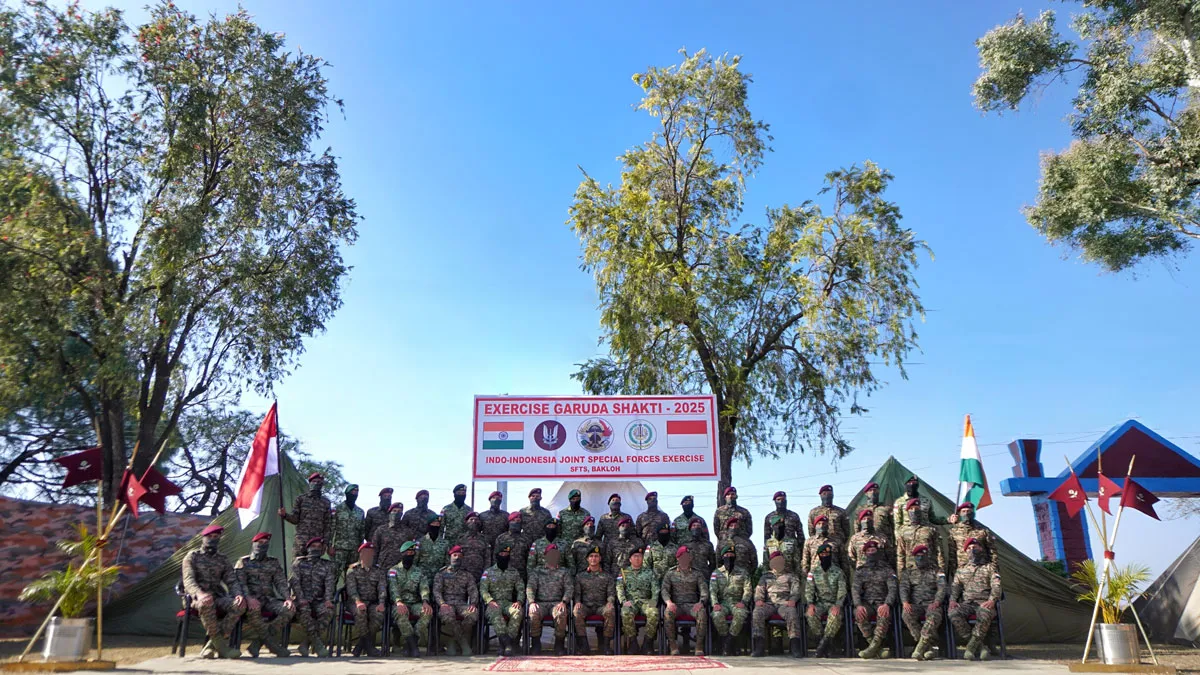IBC offers little respite to resolution of stressed construction companies

VIAVI and QNu Labs Partner to Advance Quantum-Safe Network Security
Viavi Solutions Inc. (VIAVI) and QNu Labs have entered into a strategic partnership to develop quantum-safe security and advanced network intelligence technologies aimed at protecting critical infrastructure from emerging quantum threats. The partnership marks the first phase toward establishing a global industry consortium to accelerate open collaboration in quantum-secure communications across sectors.With the growth of quantum-safe technologies, ensuring resilience and reliability at the optical layer has become essential as quantum systems integrate with existing physical infrastructure. T..

India, Russia Hold 22nd Defence Commission Meet in New Delhi
Raksha Mantri Rajnath Singh and Russia’s Defence Minister Mr Andrei Belousov co-chaired the 22nd India–Russia Inter-Governmental Commission on Military and Military Technical Cooperation (IRIGC-M&MTC) at the Manekshaw Centre in New Delhi on 4 December 2025. Both sides reaffirmed that the longstanding bilateral relationship is anchored in mutual trust, shared principles and deep respect. The meeting comes ahead of the 23rd India–Russia Annual Summit between Prime Minister Narendra Modi and President Vladimir Putin.During the session, Rajnath Singh reiterated India’s commitment t..

ITU–TRAI Workshop on QoS and QoE Begins in Bhubaneswar
The Telecom Regulatory Authority of India (TRAI), in collaboration with the International Telecommunication Union (ITU), inaugurated the ITU–TRAI Workshop on Performance, Quality of Service and Quality of Experience in Bhubaneswar. The two-day international programme convened National Regulatory Authorities (NRAs), service providers and technical specialists from around the world to strengthen collaborative approaches to telecom service-quality frameworks. The inaugural ceremony featured a lamp-lighting, followed by a welcome address from Atul Kumar Chaudhary, Secretary, TRAI, and the inaugu..

















